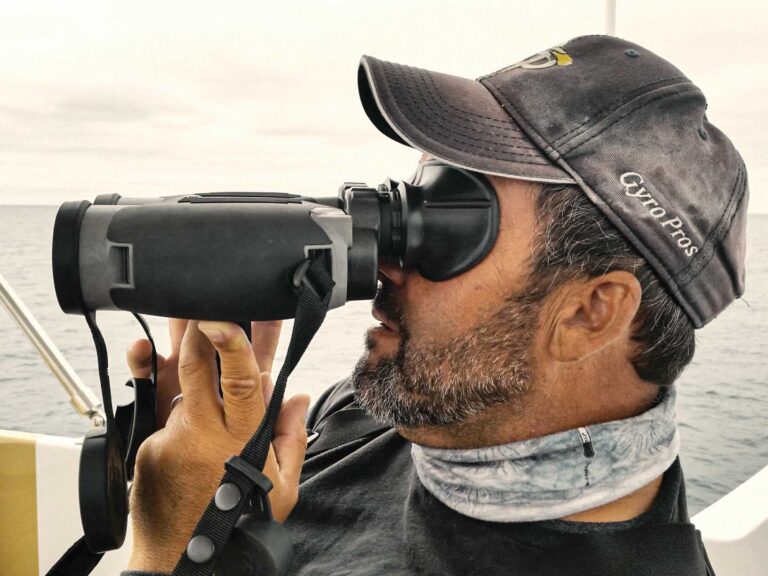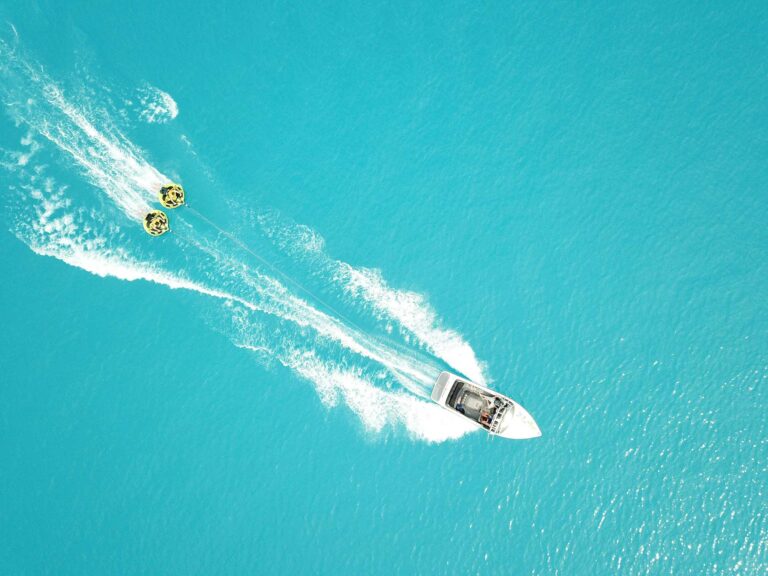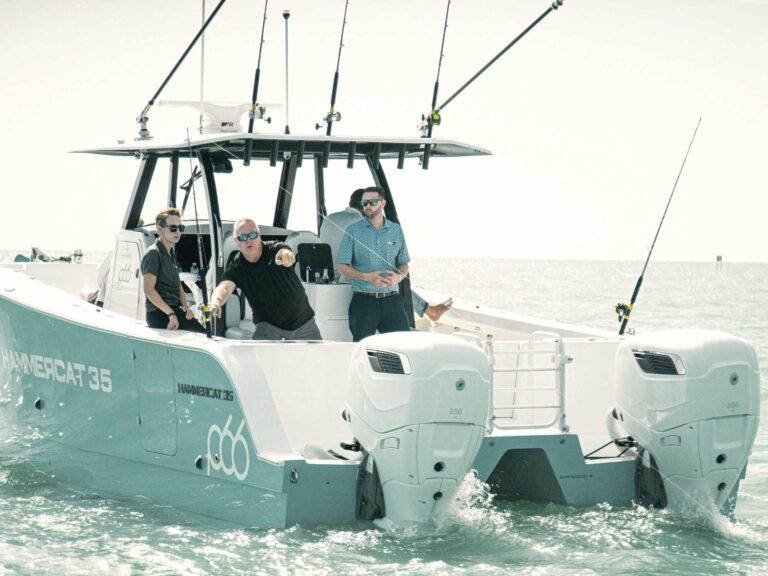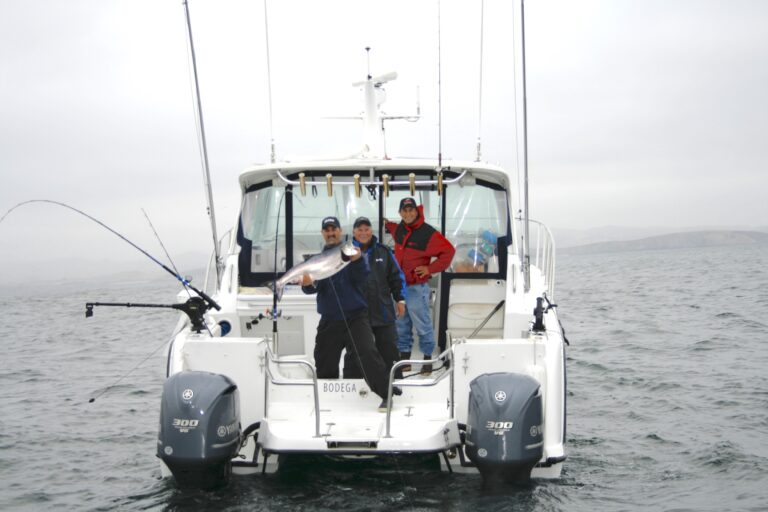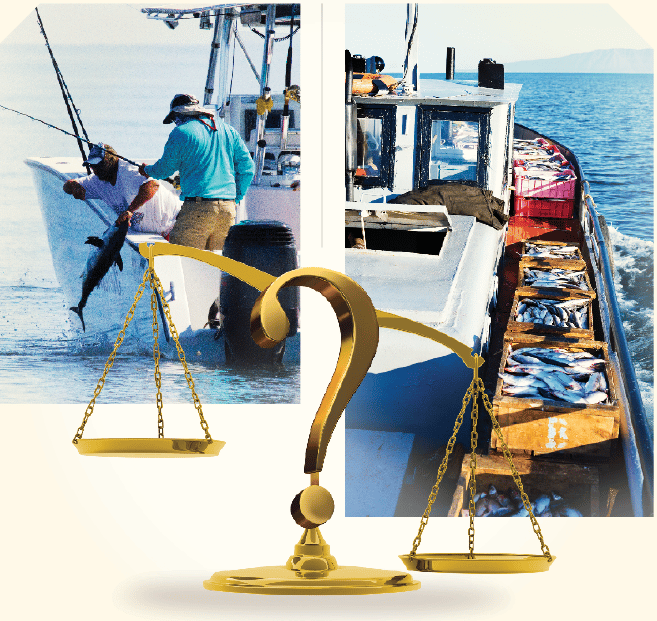
conservation
As I write this, the final touches are being organized for the 2014 Saltwater Recreational Fishing Summit being held the D.C. area. Folks are coming from all over the U.S. to discuss current recreational-fisheries issues. Our very own John Brownlee will take center stage as the keynote speaker. The last recreational-fishing summit I attended was productive. It developed a list of issues that NOAA Fisheries agreed to work on. To my knowledge, they completed most of the tasks. They also spent a lot of time working on the development and implementation of the new Marine Recreational Information Program (MRIP). This new program has not been an easy fix to the old Marine Recreational Fisheries Statistical Survey (MRFSS). The final intent of this new program is to better measure the recreational-fisheries socioeconomic impacts.
My hope for this summit is that it will continue to develop ways that managers can better understand how the recreational fishery functions, and determine which management regimes will continue to develop the substantial socioeconomic value of this industry. I suspect they will consider the Morris-Deal Commission’s “Vision for Managing America’s Saltwater Recreational Fisheries,” as well as recommendations from the MAFAC Recreational Fisheries Working Group concerning the reauthorization of the Magnuson-Stevens Fishery Conservation and Management Act (MSA). I am sure there will be a great deal of discussion about the “Vision” thing, with most of their attention focused on the issue of flexibility with the rebuilding timelines. For a number of people, this is the heart of the entire reauthorization effort. When I was a member of the commission, I did not agree with the majority on the necessity for more flexibility. By and large, I think the current MSA works fairly well. Going to some sort of constant-harvest strategy, which essentially lowers the rebuilding bar for a longer period, will not and cannot be good for recreational fishing. Recreational fisheries do the best for user groups and for the industry when the stocks are at or near fully rebuilt status. That is what excites anglers. That is what drives the number of trips. That is what gets anglers buying tackle. Yada, yada, yada. Anglers use the least-efficient methods to catch fish, and they need strong stock biomass to be successful. Anglers also like to have a normal distribution of sizes so they have a reasonable chance to catch a trophy. It’s not rocket science; it’s common sense.
While all this takes place, NOAA Fisheries is trying to figure out just how to distribute $75 million in disaster funding, which has been directed to help with problems in Alaska, the Gulf of Mexico, the mid-Atlantic region and New England. With the exception of a small amount of funding going to both recreational- and commercial-fishing businesses that were impacted by Hurricane Sandy, I have not heard about any other funding that is currently to be directed to recreational impacts from these “declared disasters.” I am aware that the New England party/charter industry submitted a request for funding and an outline of a plan for distribution. What I have not heard is any discussion from NOAA Fisheries about distribution to any recreational users. I can only hope that by the time this column goes into print that I will have egg on my face, which I’ll gladly wear. However, I remain concerned that the concept of truly managing and dealing with all user groups equally is still farther down the road.
In the Vision document, there is a lot of discussion about managing the recreational fisheries differently than the commercial industry. I agree that there is a dramatic difference, and that each would do better under different management regimes. What I don’t want is for the recreational industry to be treated differently than the commercial industry. We should be treated equally. Recreational users should not be managed by different standards, as we currently are.
The annual Regional Fishery Management Council appointments will be announced right around the time this column appears. While I have not seen all the regional lists, I know that recreational interests have lost ground in the New England region — certainly not a positive change.
While I understand the intent and focus on the possibility of changing MSA, I happen to believe there are a number of improvements that can be made to the management process that would not take an act of Congress. I am never all that sanguine when Congress tampers with fisheries-related issues. They have a difficult time moving anything through the legislative process when they actually know something about the subject matter. Very few are versed in fisheries issues, and that does not bode well for the outcome when external forces drive the process.





